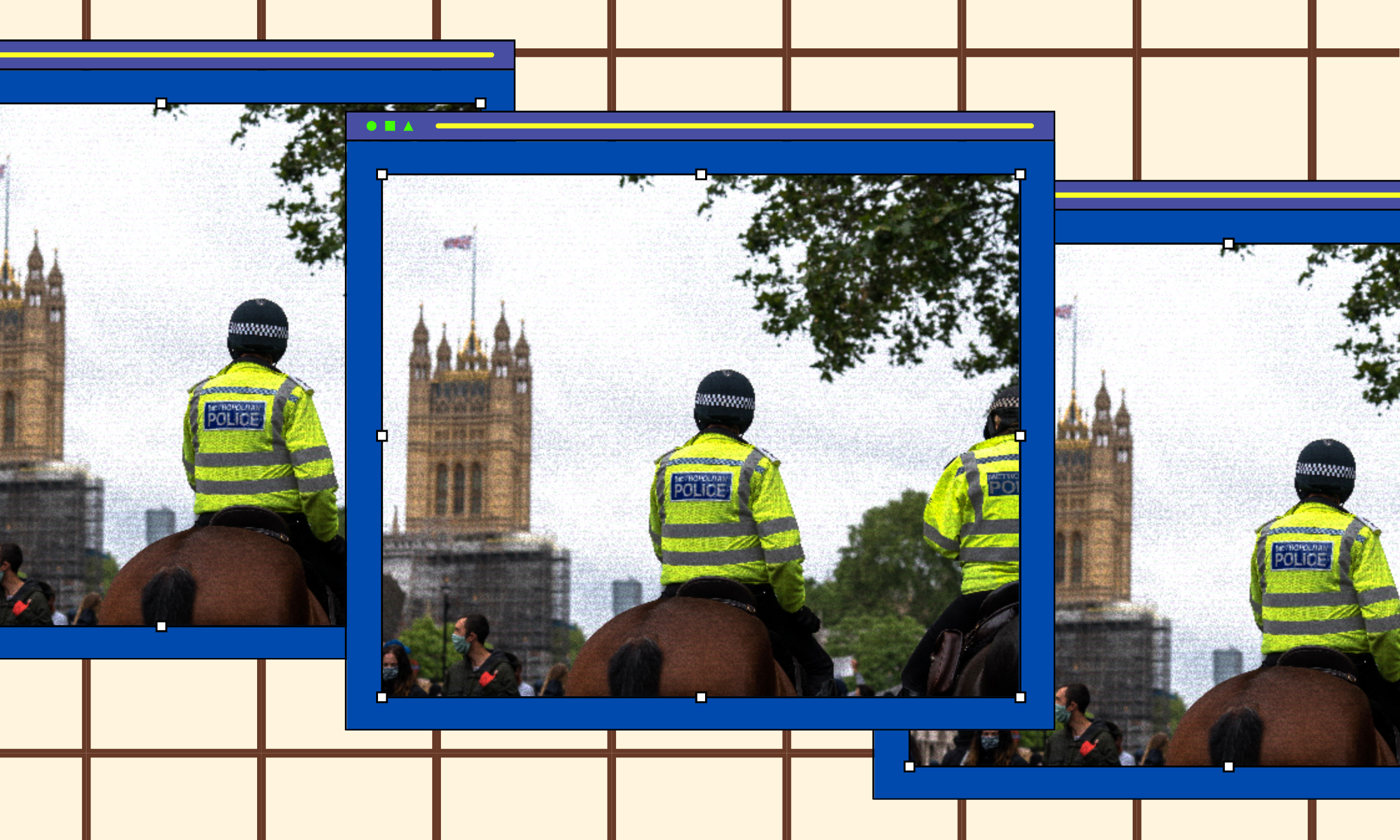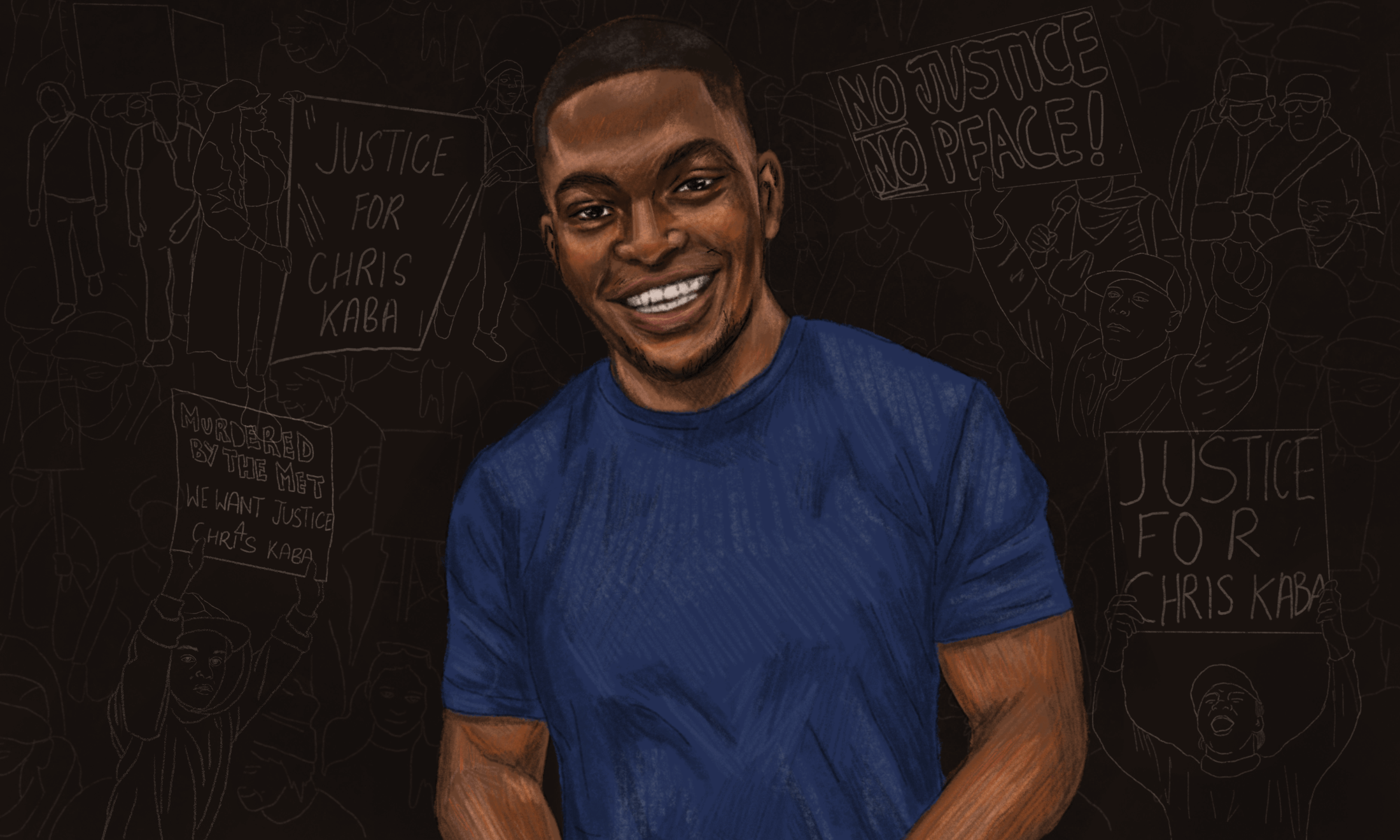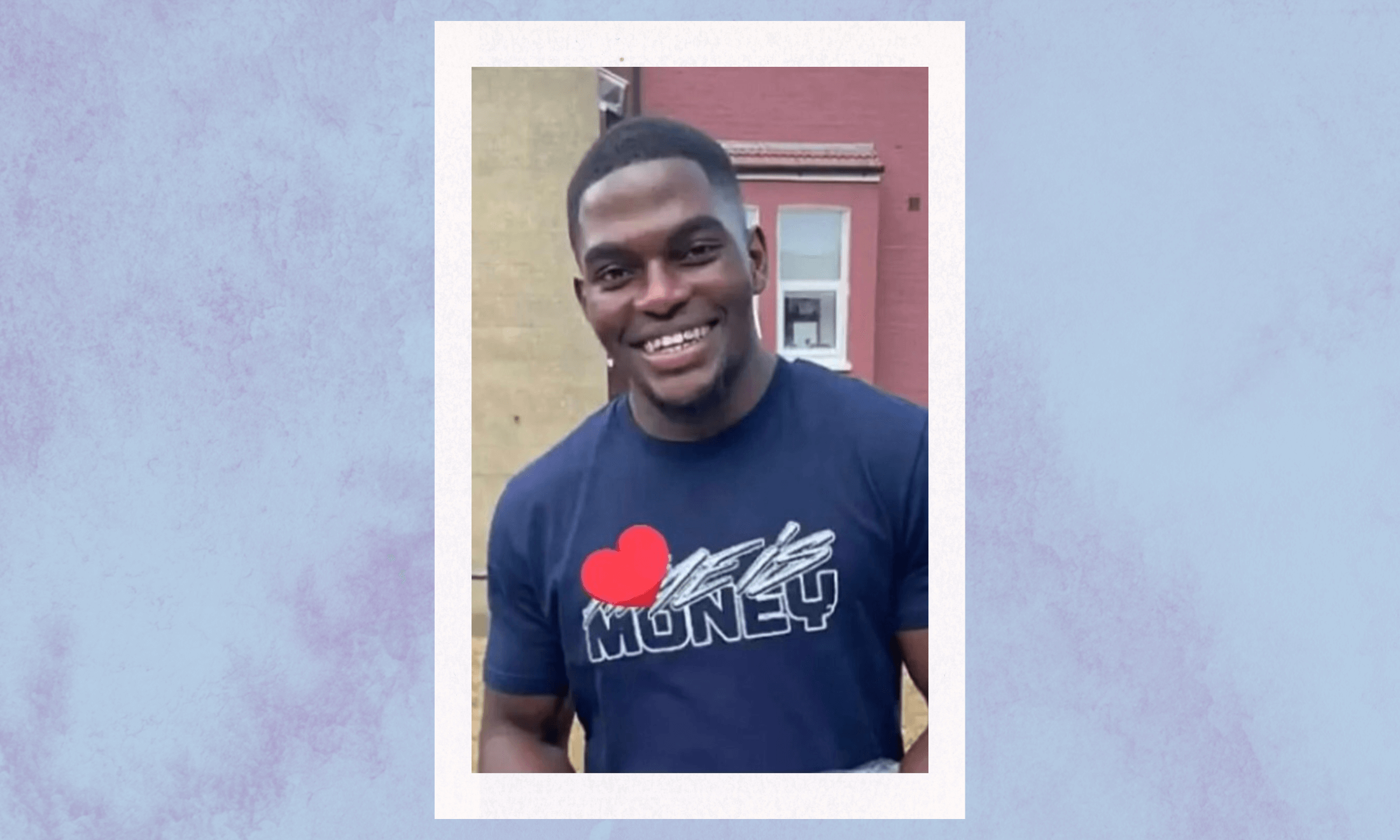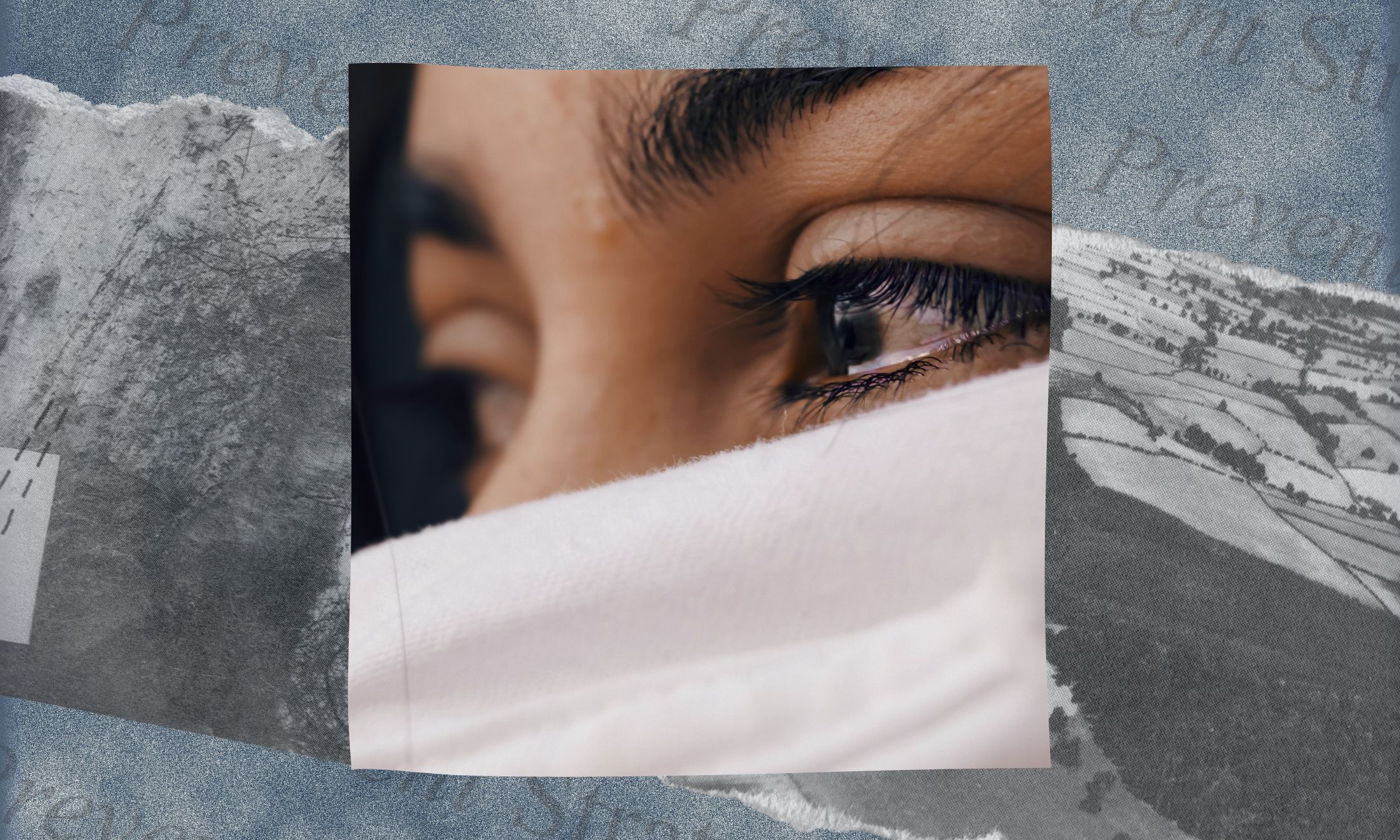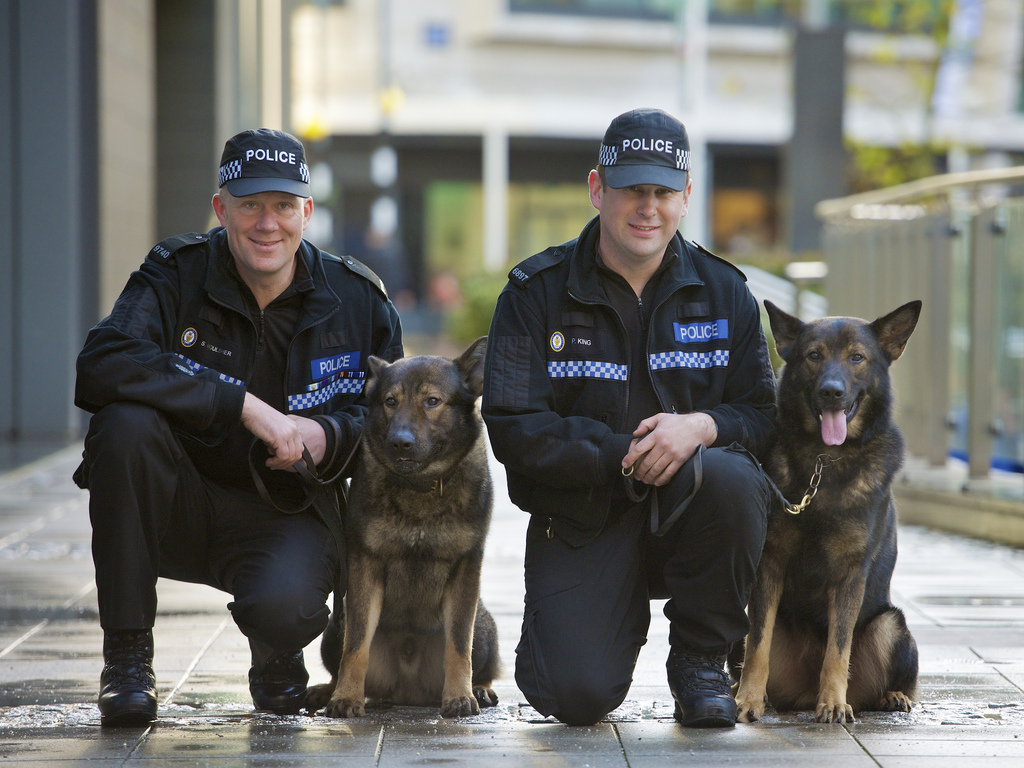
On 5 June, Jeremy Corbyn accused Theresa May of “policing on the cheap”. He went on to to say that “Theresa May was warned by the Police Federation about the damaging effect of cuts but she accused them of “crying wolf”, before calling for her resignation.
It’s true. Theresa May in May 2015 did tell the Police Federation that they were crying wolf. When she addressed the federation in 2014, she was met with silence as she accused the police of showing a “contempt for the public” and vowed to break the powers of the Police Federation.
Under the Conservative and Liberal Democrat coalition government police numbers in England Wales fell by 18,881. This punch-up between Theresa May and the police has been coming for years; for longer than May has been Prime Minister. The number of specialist armed police officers fell from 6,796 to 5,639 in 2016. When asked about these numbers, May laughed it off and responded “We have protected counter-terrorism policing budgets. We have also provided funding for an increase in the number of armed police officers. Since 2015 we have also protected overall police budgets”. You can’t protect police budgets while simultaneously reducing the number of police, both armed and unarmed.
Corbyn is calling for more police following a terror attack in London on the weekend, but also relatively soon after another attack in Manchester and in London. It’s a nod to counter-terrorism and counter-extremism. It’s dog whistle politics– and that’s why May followed up by reassuring the public on counter-terrorism budgets. Seemingly, police cuts are now synonymous with a rise in terror. Cutting police hasn’t made terror attacks more likely, but scrapping the failed Prevent programme and curtailing undercover policing in Muslim communities could do. Prevent isn’t working, and has turned students and communities into suspects.
In 2011, Cardiff was due to be home to the UK’s largest anti-police corruption trial. At least eight officers were accused of stitching up Stephen Miller, Tony Paris and Yusef Abdullahi, three black men known as the Cardiff Three, following the brutal murder of sex worker Lynette White in 1990. The trial implicated even more currently serving members of the South Wales police force. Files went missing, only to be later discovered somewhere else in the city. Conversations on policing rarely look at the long-term influence that negative occurrences like the Cardiff Three have had on wider immediate and intergenerational community relations and trust.
1500 people have died in police custody or following police conduct since 1990. Around 10% are people of colour. Despite those deaths, no officer has been convicted following an unlawful killing verdict. To this day, no officer has been imprisoned for the deaths of Azelle Rodney, Habs Ullah, Mark Duggan or Jermaine Baker.
A colonial country breeds a colonial left. A colonial left will uncritically swallow information and heed calls for an increased police force with an increased number of armed police officers, without thought for the impact on the most marginalised groups in our society. This isn’t about safety, this is about manipulating the memory of people murdered in terrorist attacks for political gain. The lack of outrage and discussion from the left about Corbyn’s announcement illustrates components of white supremacy, migration and classism that is quiet on the violence that Muslim and racialised bodies survive on a day to day basis. This violence is multifaceted; economic, social, gendered and sexual, to name just a few. The silence from the colonial left on the crisis of policing in POC communities says more than enough for the moment.
Everyday state violence damages and traumatises people of colour across the country. Young black men are already 25 times more likely to be stopped and searched by their peers in London. People of colour are incarcerated at a greater disproportionality in the UK than in the US. Muslims are nearly three times over-represented in prisons (compared to the percentage of the non-incarcerated population that are Muslim). We need to move from incarceration to decarceration and to look at community forms of restorative justice that heals, not harms our communities. It begins with having difficult conversations, especially on this particular policy that party leaders across the spectrum are promoting as a golden bullet. We need to have a conversation on policing, and we’ve needed to have that conversation for a long time.

Britain’s policing was built on racism. Abolition is unavoidable

How Pakistan’s Khwaja Sira and transgender communities are fearing and fighting for their futures

Their anti-rape performance went viral globally. Now what?


